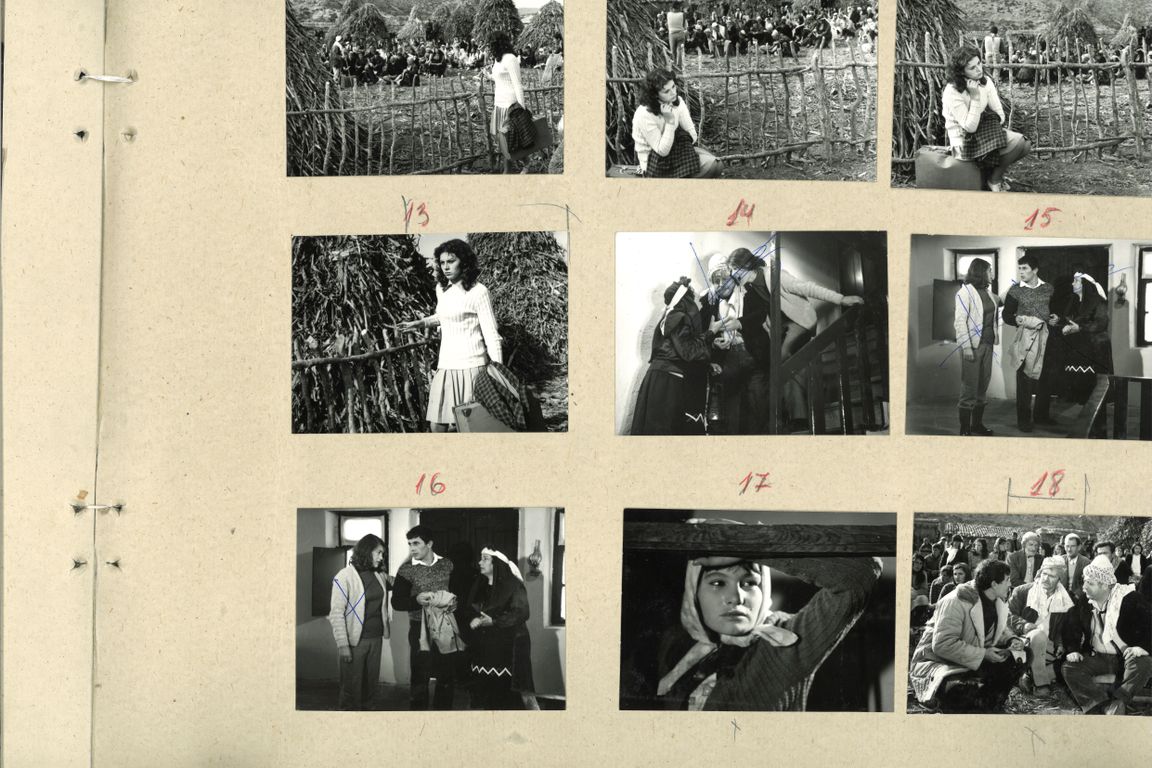ALBANIAN PHOTO NEGATIVES. Recordings of voices speaking Garifuna. Documentation of Haitian archaeological explorations. These are just a few of the cultural artifacts that need rescuing from hurricanes, floods, fires and sinking islands — the consequences of climate change. Leading the charge is the Modern Endangered Archives Program, or MEAP, launched by UCLA Library with major funding from Arcadia, a charitable fund of Lisbet Rausing and Peter Baldwin.
“Climate change is precipitating the disruption of cultural life, leading to generations losing track of important cultural heritage materials, whether they’re properly preserved in climate-controlled vaults or not,” says Rachel Deblinger M.A. ’09, Ph.D ’14, director of MEAP at UCLA Library. “MEAP funds projects around the world that digitalize at-risk cultural heritage materials.”

Launched in 2018 with a $5.5 million grant, MEAP digitizes 20th- and 21st-century cultural heritage projects, including recordings, political materials, film, fine art and photography, as well as born-digital materials (think digital photography) that require curating to make them searchable.
Explore the cultural heritage projects of the Modern Endangered Archives Program at meap.library.ucla.edu..
UCLA Library was the natural choice to spearhead MEAP. Its history of success includes the preservation of medieval manuscripts that were stored for 700 years in the walls of St. Catherine’s Monastery in Egypt’s Sinai Peninsula. The shift in climate over the past few decades necessitated the manuscripts’ move to climate-controlled vaults. And now, these endangered works are digitally accessible to the public through UCLA Library.
Every year, MEAP provides funding for 22 to 26 projects. The funding is slated to last for about two years, and after that, project teams can keep the equipment, so the digitization can continue. UCLA Library serves as a repository for the digital archives, making these collections available to researchers, teachers and the public.
Deblinger says a shift in global archival practices is urgently needed. Of MEAP and digitization, she says, “We’re breaking boundaries.”
Read more from UCLA Magazine’s April 2021 issue.






